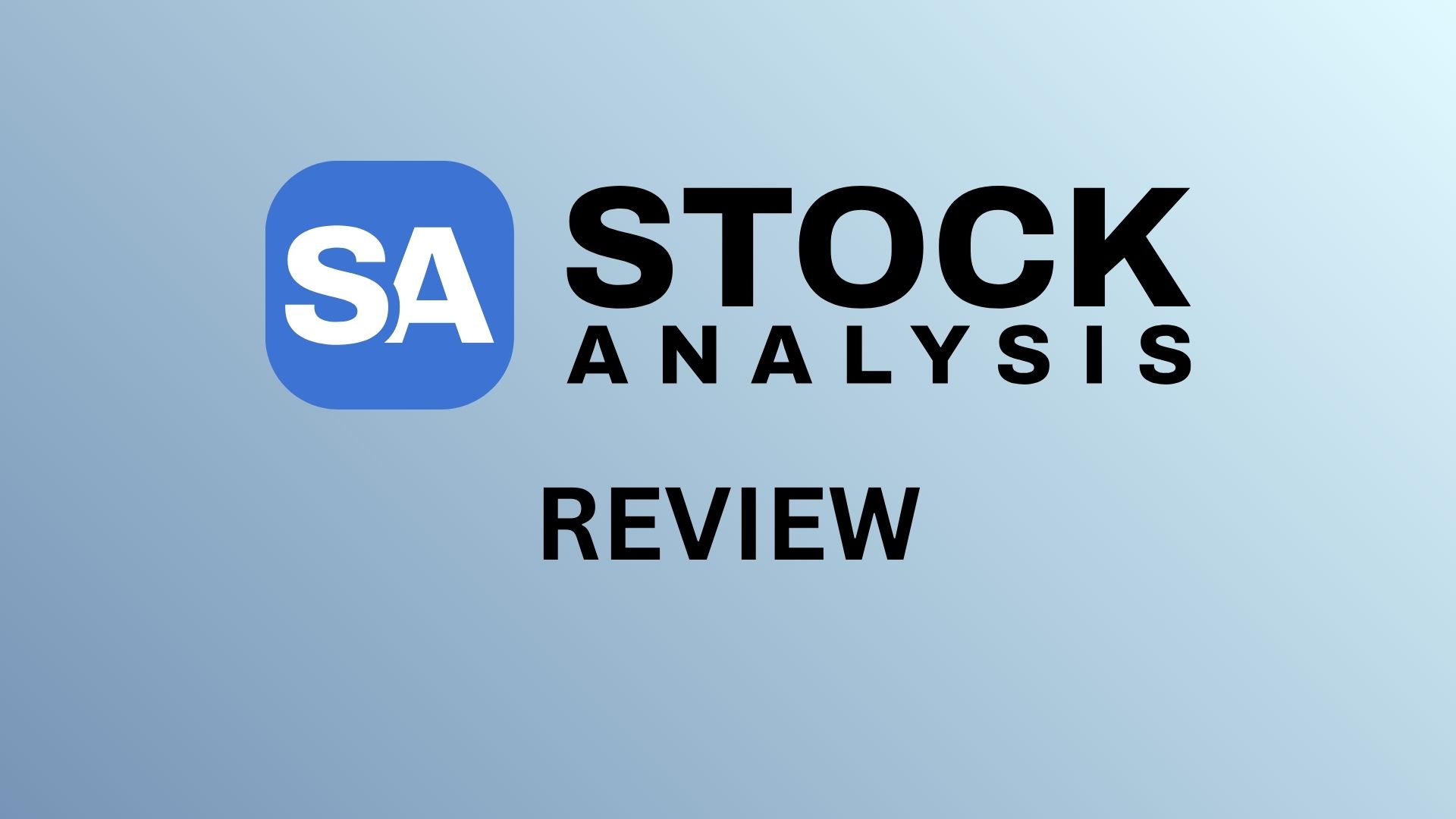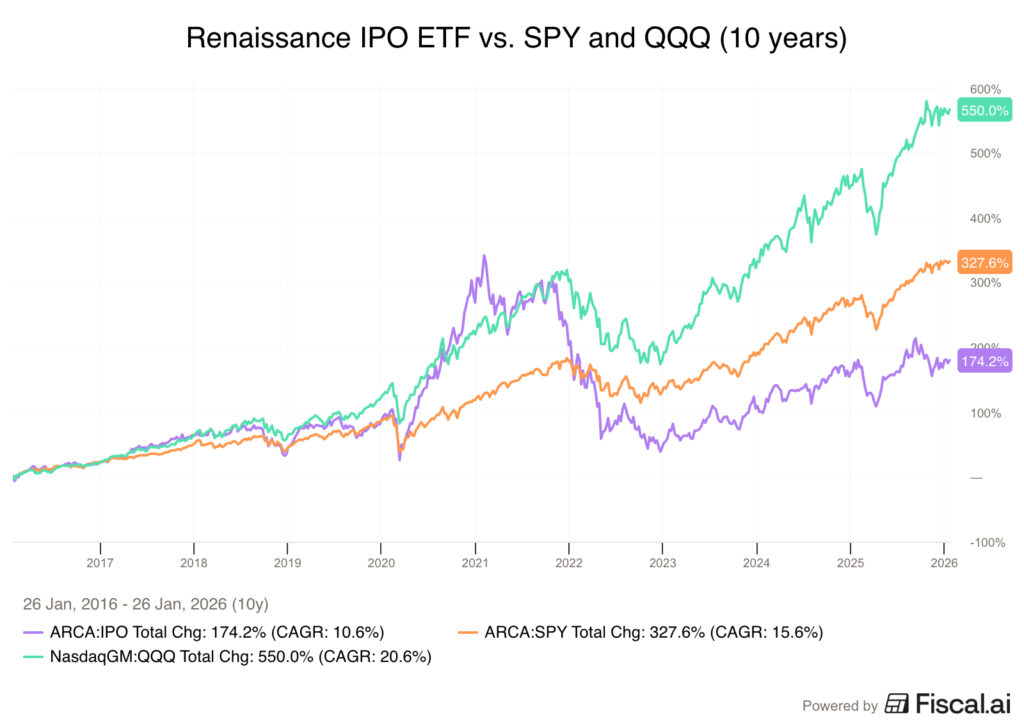Alicja Nowakowska/iStock via Getty Images
What meme stock fun
There’s a certain fuss going on over AMTD Digital (NYSE: HKD) these days – as we all know. Floated in the IPO at something like $7.80, reaching $1,897 at one close within a month to then “collapse” back to $100, to $50 only to reignite to $250 to $20.44 at my pixel time – well, who the heck knows where it’s going next? At that peak estimation it was worth more than Goldman Sachs (GS) and that just ain’t right. Not for some vaguely financial and metaverse stock out of Hong Kong.
One reaction to all of this is just to think, well, meme stock, narrow floats (only 11% or so of AMTD Digital is on the market), consumer frenzies. Have some fun with some bets perhaps but let’s not get too involved here as it’s all entirely unpredictable.
But there’s more
Despite that all possibly being true that’s also probably not the right way to think of this. For there’s another company out of the same stable that’s also listed. AMTD IDEA (AMTD) is also there on the market. And the point to grasp is that this company is also some vaguely financial and metaverse thing out of Hong Kong. Which happens to own the 89% of (by my possibly out of date calculations, 88.7%. This is before the exercise of the greenshoe in the IPO) AMTD Digital.
Which produces an interesting outcome. AMTD IDEA is worth $2.8 billion – numbers change rapidly here, meme stock, frenzy, etc. – but it owns 89% of something with a market capitalisation of $3.8 billion – that AMTD Digital stake. There are, so far as we know, no grand piles of debt inside AMTD IDEA. So one of those two valuations is objectively wrong.
The trading position there is obvious. Long AMTD, short HKD until the two values sort themselves out. The problem there is that, as Keynes himself pointed out, markets can stay irrational longer than we can stay solvent. Given what HKD has done we can be blown out of a short position without AMTD covering for us. Also, we might well not be able to offset margins against each other.
Setting up rational positions in irrational markets doesn’t necessarily work that is. It’s a gamble, a bet, precisely because it’s the market irrationality which produces the position we might want to take. After all, who wouldn’t want to buy 90% of $3.8 billion for only $2.5 billion?
There’s that real estate to think of
The other thing we might try to do is take a step further back and try to work out what is really going on here. For we’ve a third company involved, AMTD Group. Which is also something financial, metaverse and connected in Hong Kong. This being the point at which matters become yet more complicated. AMTD Group has been working in those Far East financial markets, doing all sorts of things for Mainland banks and so on. One of which at least is distinctly unhappy. Well, OK, that sort of thing happens. As the FT also points out, AMTD Group has had to reschedule some of its bonds and, well, the signals of a certain little amount of financial stress there.
Things get more complicated though. Before the Digital IPO there was some shuffling of assets between the three AMTD companies. Nothing unusual in that, get the right assets that you want to float into the company you’re about to float. But a similar asset shuffle after the float is much more unusual. And yet that’s what has been done. Hotel assets have been moved from AMTD Group into AMTD Digital via AMTD IDEA. Half a billion’s worth in fact, although net of debt and so on it’s around $250 million US.
Now, if you’ve a soaring share price then a very useful thing to do is offer some of your very highly valued shares for real assets. This is what Steve Case did when buying Time Warner with AOL stock. One of the deals of the century that was. Not so good for Time Warner shareholders but still.
What AMTD seems to have done is use the very highly valued shares of HKD – recall, the newly floated AMTD Digital – to buy assets from AMTD Group, that parent and unquoted company. Which is really very odd indeed. Because they even used valuations of stock along the line that were higher than market prices to do this.
One possible thought is that the hotels are overvalued – but that doesn’t seem to be the case. Singapore hotel rooms are at $1.3 million capital value each, Hong Kong not far off that at just under $6 million HKD. The hotel valuations don’t look entirely out of whack at least.
So, why did they do this?
But the share prices do look a little odd. The hotels were sold from Group to IDEA for shares valued at $8.68 each. But on the day the deal was announced AMTD IDEA was $2.65 at market. Why are they moving real assets – those hotels – into stock at a near 70% discount to market price for that stock? Those hotel assets then immediately move from IDEA into AMTD Digital and the share price used for the conversion there is $208 per American depositary share – the thing quoted on the NYSE. But HKD on that day was $181 or so. Another 10% or so discount to market.
Now, I can think of a reason why one might do this sort of thing. To get capital tunnelled out of a restrictive capital export regime. There’s more than one of the Chinese IPOs which seems to operate on this basis. But this cannot be true – please note, is not true – of AMDT because firstly, they’re in Hong Kong, not the Mainland, so there are no capital export rules. Secondly, the hotel assets sold are offshore anyway. So this just isn’t the reason, cannot be.
But we’ve still got this puzzle. Given the two discounts – sorry, running the other way, premiums – to market stock prices AMTD Group has just transferred $250 million into AMTD Digital and ended up with perhaps $50 million – at market value – of AMTD IDEA shares in return. They’ve just received 30,875,576 shares in the listed AMTD stock which, at the time, was trading for $2.65 a share – OK, $82 million, but that’s a lot less than the $250 million and change value claimed for the hotels themselves, net of debt and other commitments.
This is the point at which I say I don’t know. On the obvious basis that I do not in fact know. I simply do not understand what is being done between the three AMTD companies. My rule about things that I don’t know, cannot understand, being that it’s not investment. Fun and games, bets, sure – I also don’t know who is going to score the next goal in a football game.
The other way to do this is to work out what actually is happening and then it becomes investment. Good luck.
My view
I’m left with the near certainty that this isn’t – the whole structure of AMTD Group, IDEA, Digital – really about having an IPO of a company it’s useful for us out here to invest in.
It’s that shuffling of the real estate through the three companies that doesn’t make sense to me. It’s telling me that there’s some other story here, other than the flotation of some lovely China/Mainland/Hong Kong metaversey Web 3.0 company. What that story is I don’t know but from the usual and objective investing stance that transaction just doesn’t make sense. Why sell your own assets, at below market stock prices, into something you still control and largely own?
Until there’s a good explanation for that I’m out.
The investor view
What I come down to as the investor view is that this might well be something which is lovely fun to speculate in. I’m sure the stock price – of both Digital and IDEA – is going to continue to be volatile. But as an investment, no, it doesn’t make sense. Simply because this transaction doesn’t make sense from a purely investment viewpoint. So, there must be something else going on and until that’s obvious, it’s not an investment.
In short, have fun, but don’t get serious.
















